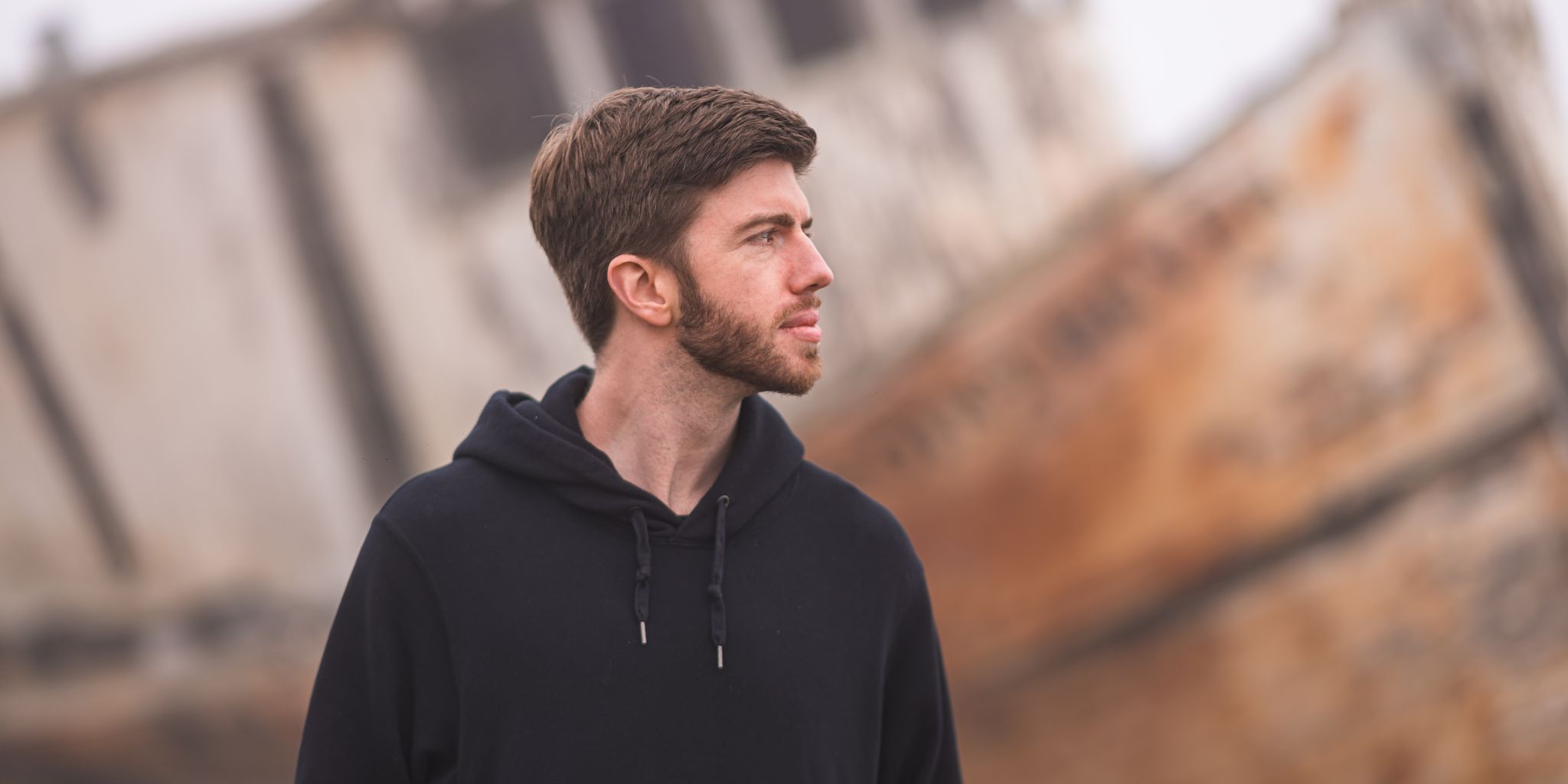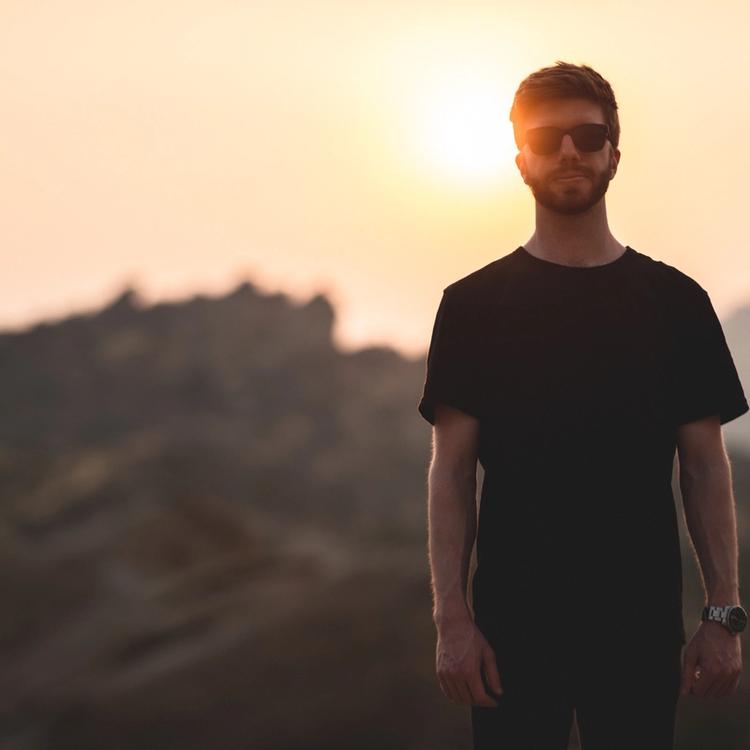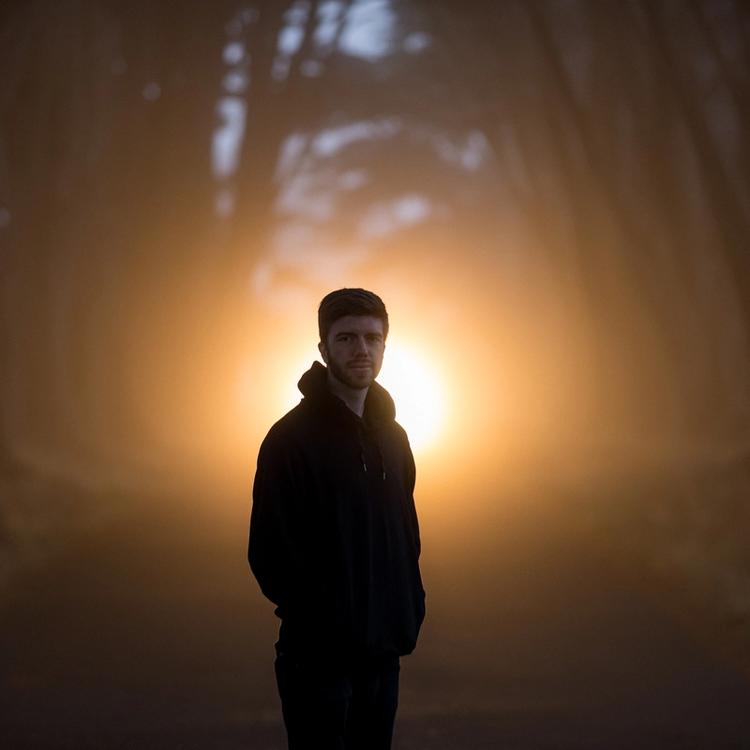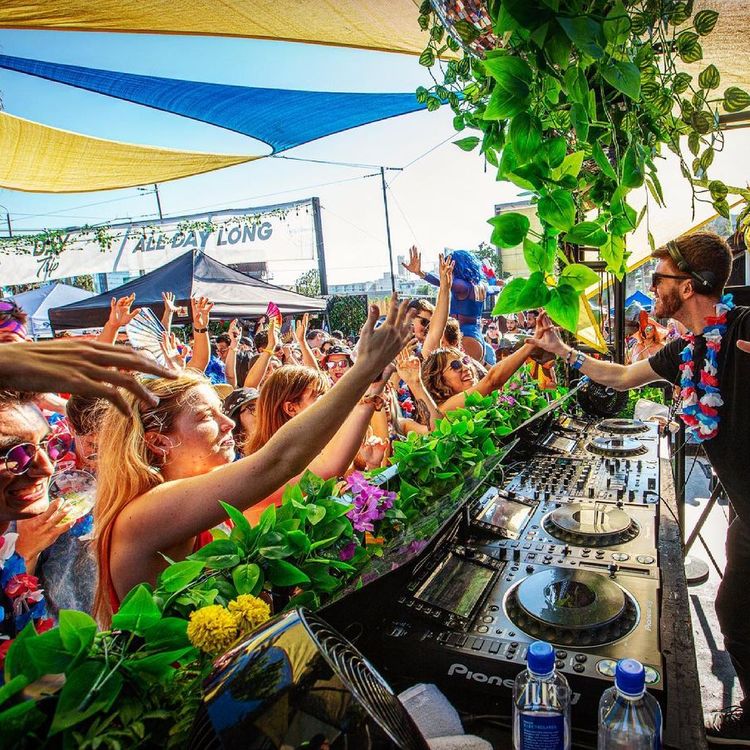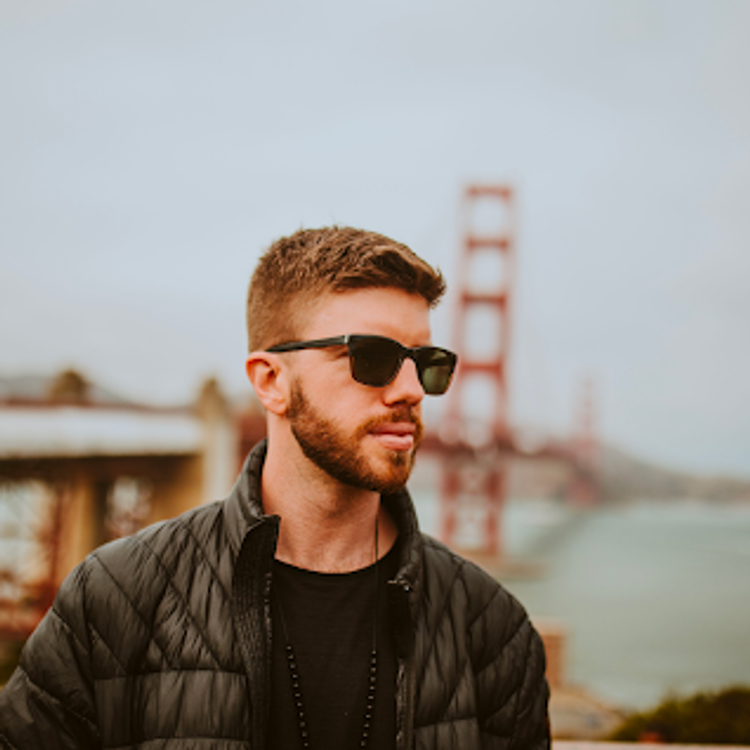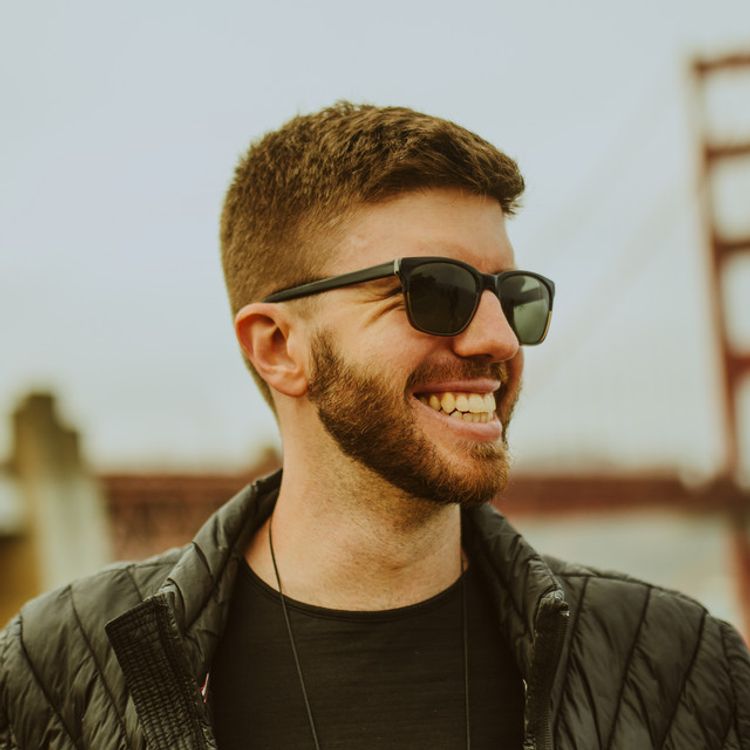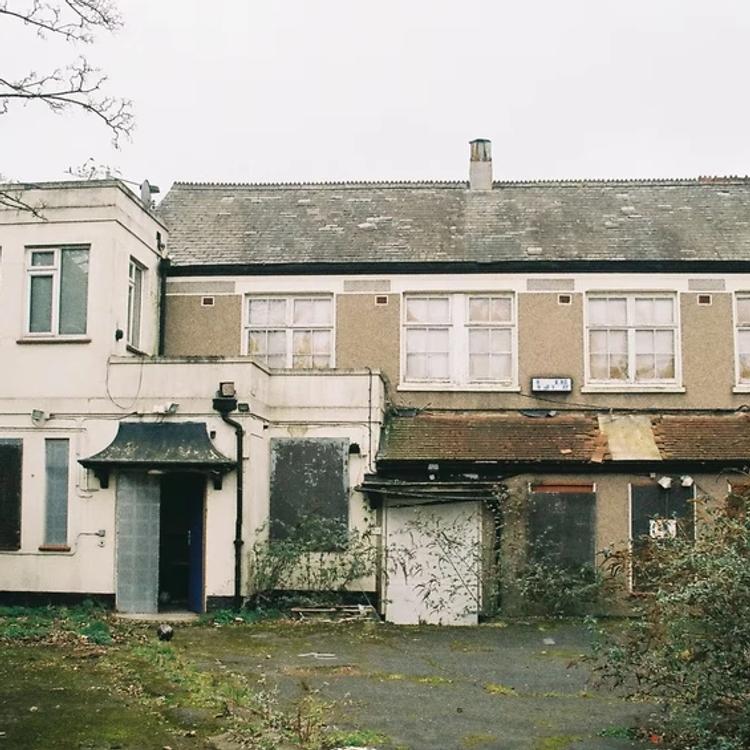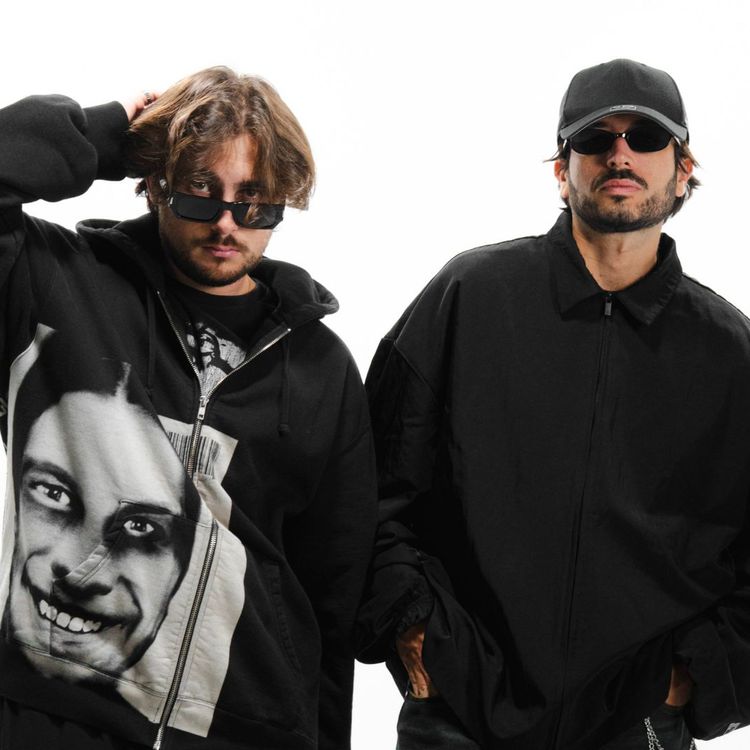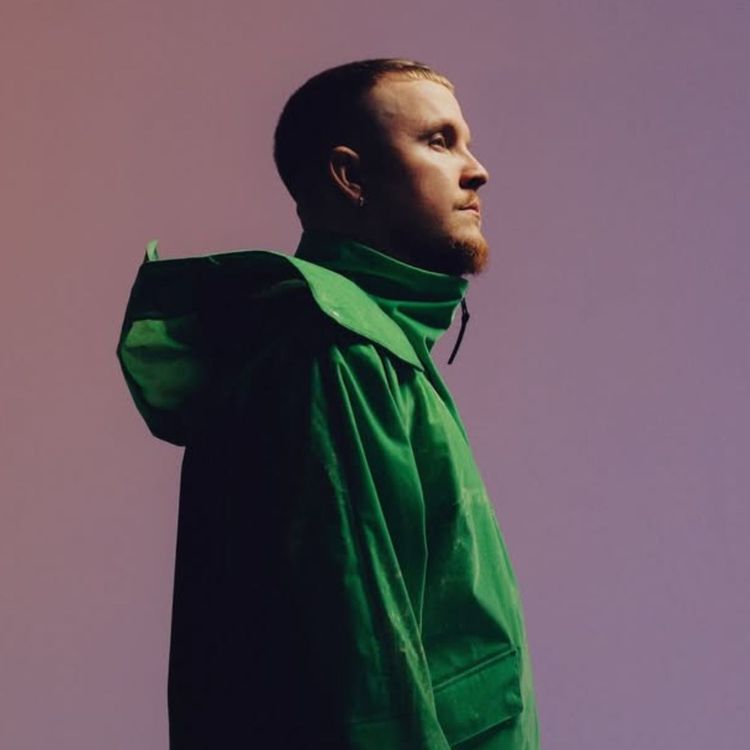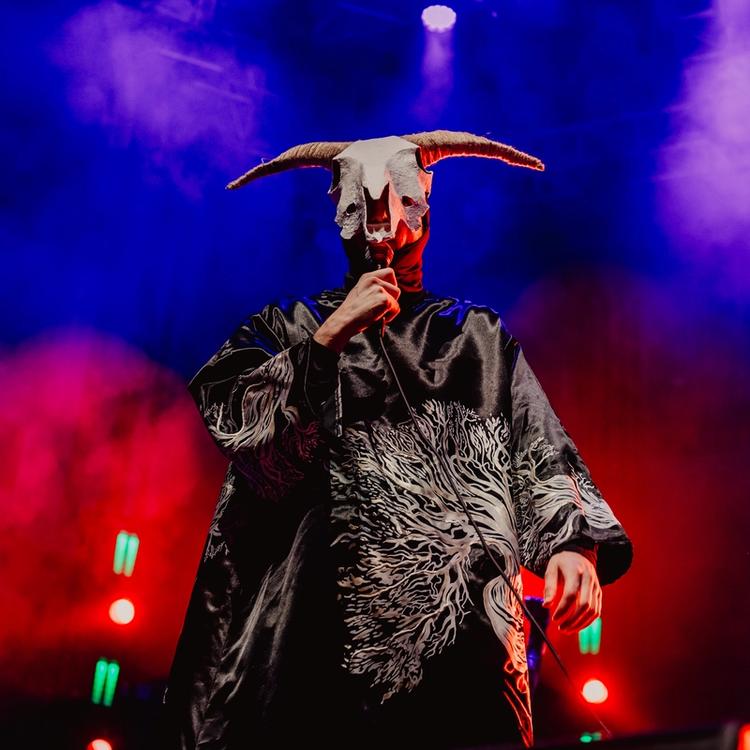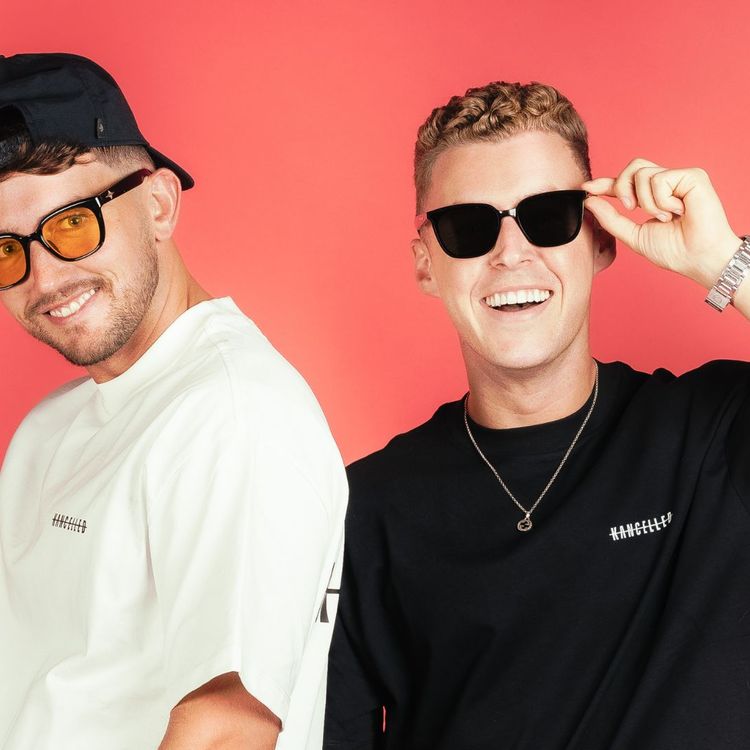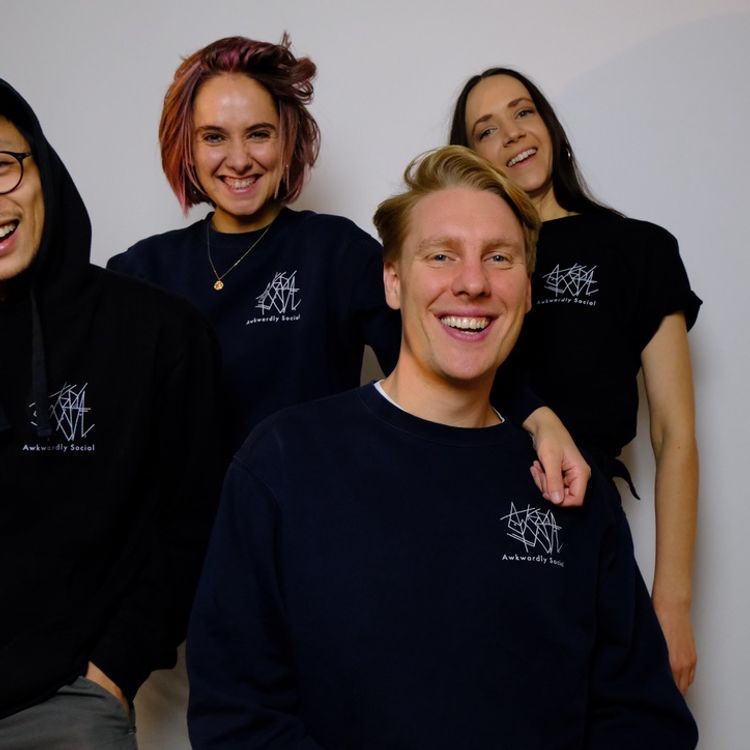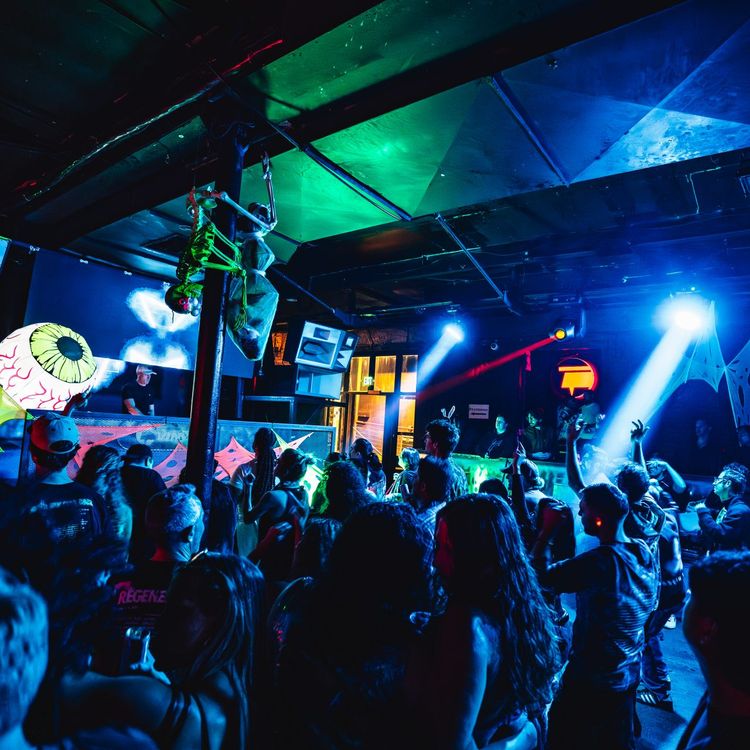Spencer Brown: Trusting the Heartbeat of the Dance Floor & Igniting the Flow
Drawing from a diverse drumming background in jazz, soul, funk, and metal, years spent playing in bands, writing, and recording his own music, Spencer Brown's steadfast dedication to his childhood fascination was instrumental in sculpting his triumphant career as an artist. Knowing that the live experience could only solidify his emotional connection to music, a young Spencer slipped into a concert at 13—an early sign of the kind of cheeky and intrepid nature it takes to innovate in the ever-changing world of dance music.
The DJ has the power to control the heart rate and movement on the dance floor. Think about it. The BPM slows as the track slowly fades away, leading the entire room to adjust its pace and groove. The bass rises, and the BPM stays steady, causing your body to move with more intensity. It's as if we are all under a spell, with the DJ at the helm of our rhythmic flow, effortlessly controlling it with just the touch of their fingers. Brown’s early intuitive knowledge of reading a room worked in his favor by allowing him to channel his crowds' energy and sense of desire.
He remarkably embarked on his journey in dance music, opening for the iconic Avicii at the Hollywood Bowl. His debut EP, Chalice/Double Down came out on the late producer’s LE7ELS imprint shortly thereafter. Brown was only 18 and was juggling his Duke University studies and maintaining an active social life.
That was a defining moment in his perception of turning this lifestyle into a lifetime career. After releasing his first album, Illusion of Perfection, in 2018 via Above & Beyond’s Anjunabeats, Brown dipped his feet into the dark side when his brooding techno thumper, “Windows 95 on Acid,” was signed by one of his idols - deadmau5 and hit #1 on Beatport. Brown’s sojourn outside of progressive proved he could conquer any dancefloor.
In 2021 he unveiled the minimal, emotive “18 Min Loop” on his imprint, diviine. It clocked in at 18 minutes of floating melody and magnetic bass. Maintaining a limit during the creative process presented the idea that artists can embrace constraint and create engaging music, even with limited elements. Too many options sometimes dilute focus.
Spencer Brown's approach to his career embodies the essence of the saying, "If you love what you do, you'll never work a day in your life." The unwavering energy he directs toward his art, without allowing the music industry’s competitive nature to interfere, illustrates the utter fulfillment and joy found while pursuing one's true calling.
How did your passion for dance music begin, and what were your earliest influences in the genre?
I came from a drumming background, everywhere from jazz to soul and funk to metal. I was always playing in bands, writing, and recording my own stuff growing up. I found electronic music in 2007 or so on the internet. I was fascinated by how you could make music entirely using your computer. After sneaking into local shows as a 13-14-year-old, I fell in love with the community and knew it had to be my life. I had actually been DJing since I was about 10 or 11 at small birthday parties and small events for friends, but I shifted to DJing electronic music when I was 13-14. I think this early education of reading the room greatly helped my skills today. It also helped put things in perspective. I don’t do this for fashion or to be the center of attention. It comes purely from the heart, continuing a childhood fascination that has never stopped!
Can you share a pivotal moment in your life or career that significantly shaped your sound and artistic direction?
There were many pivotal moments off the top of my head, and each step shaped who I am and how I play. Going from an 18-year-old, DJing high school proms and making music on earbuds to doing an EP on Avicii’s label and opening for him in stadiums was quite a shift. I think that was the moment when I realized this could be something I do as a “job.” The next shift, was signing my first album in 2017-2018 and touring with Above & Beyond on a bus, and collaborating with them. What an honor! At the time I was making a very melodic progressive, and around this time was when I could first sustain a comfortable living only off my music. So grateful for that period of life.
Shortly after the album, in 2018, another one of my idols — deadmau5 — signed one of my techno tracks called “Windows 95 on Acid” which ended up hitting #1 on techno and opened many doors. After releasing #1s in techno, progressive house, deep house, and trance, it solidified that I can make whatever I feel. A genre is limiting. The fun begins when you cross-pollinate.
The next shift was around 2020-2021—the pandemic. I felt like pushing my creative boundaries into more experimental progressive and techno, aligned with my taste. Stuff that’s a little off the beaten path. My inspirations like John Digweed, Sasha, Hernan Cattaneo, and Dubfire started playing my music, which led to another wave of creative confirmation and gratitude.
The lesson here, after reflecting, is always trusting my heart and taste. Always look forward, not sideways or backwards. If I ever chased something trendy that wasn’t aligned with my taste, I wouldn’t be able to keep doing what I’m doing.
What is your creative process like when producing a new track, and how do you stay inspired?
Output requires input. If I’m not inspired, I do other things. I used to try to force myself to make music all the time. That’s not what I do anymore. If I desperately feel like making music, I capture that moment, which can usually last anywhere from one day to one week, sometimes two weeks. I enter some strange flowstate where I can’t stop writing. By the end, maybe I’ll have written ten new tracks. Once that is over, I just do other things. If I spend enough time away from producing, I feel the pull again.
What challenges have you faced in the music industry, and how have you overcome them to build a successful career?
People can treat this industry, like many industries, as a big competition. Who can be the biggest? What sells more? What I realized, is that chasing being “the best” is a never-ending battle—there is always someone “ahead” of you. The solution is simply not letting any of that energy affect me. It doesn’t matter. Focusing on my craft, having fun, and delivering something I’m passionate about is what matters.
Can you tell us about a memorable collaboration or project that pushed your artistic boundaries and had a lasting impact on your work?
One of my favorite EPs I’ve put out is Silver Linings EP on Last Night on Earth. I made it during the pandemic. It was the first release that I made something abstract but also emotional and groovy. “Cumulonimbus Incus" was an introspective piece and one of the most pivotal tracks of my career. It’s easy to rely on more obvious melodies and chords, but this project was entirely manipulated audio recordings. Being able to take loads of audio files and turn it into something cool without touching a piano or MIDI note was a challenge.
Another track called “18 Min Loop” (with which I launched my label diviine) was one simple melody and one bass sound that I tried keeping interesting for 18 minutes. A single eight-bar loop. It’s all automation and manipulation of only six or seven channels. Limitation is one of the most important concepts in my creative process. Too many choices, corrupts creative energy.
How do you approach performing live, and do you have any rituals or preparations to get into the right mindset?
I never plan my sets, but I heavily organize. I don’t know the first track until seconds before I play. I separate my music into playlists for the night, so I can remain in flow. Feeling the energy of the crowd steers the set. As someone who plays quite diverse, I can’t come in with a preconceived notion of how the night should be.
What advice would you give to aspiring dance music artists looking to make a name for themselves in the industry?
Figure out who you are. You are different from everyone else. What makes you unique? Be in touch with the flow of your evolution, capture it in sound. For DJing, my advice is don’t play the charts. Don’t play what’s hot (unless it’s your track). Spend that time digging for undiscovered yet hot stuff. Anyone can stand up smashing out the hits. If you can make a crowd go equally crazy playing stuff they’ve never heard, that will turn heads.
How do you envision the future of dance music, and what trends do you think will shape the genre in the coming years?
I wish I knew the next trend, so I could steer away from it.
